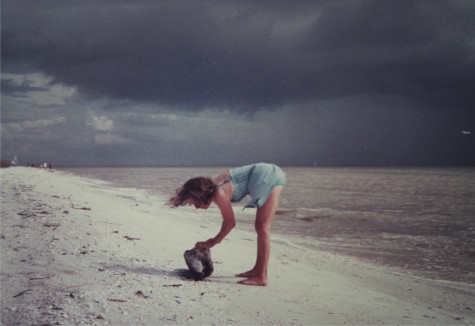The Society for Marine Mammalogy would like to inform eligible members (see below) that this year’s application window opens on 1 June 2016. Applications will be accepted during the entire month of June. The Committee of Scientific Advisors will review applications and make recommendations on funding with decisions announced before 1 September 2016. The awards are up to US $1,500. All three of the following eligibility requirements must be met:
1. Be a member of the Society for Marine Mammalogy
2. Be a national of a country with a developing economy as defined by the International Monetary Fund (IMF) (preference is given to early career researchers such as students and researchers with less than 5 years post-doctoral experience)
3. Be conducting research in a country with a developing economy
The Small Grant web page provides full information, links to past successful applications, a list of recipients from prior years and their completed project reports, and a link to the application itself. Please be mindful of the word limits in the various sections of the application.
For technical questions regarding the online application, please email admin@marinemammalscience.org
For all other questions about the grants, please contact:
Douglas Wartzok
Chair
Committee of Scientific Advisors
Society for Marine Mammalogy
wartzok@fiu.edu
